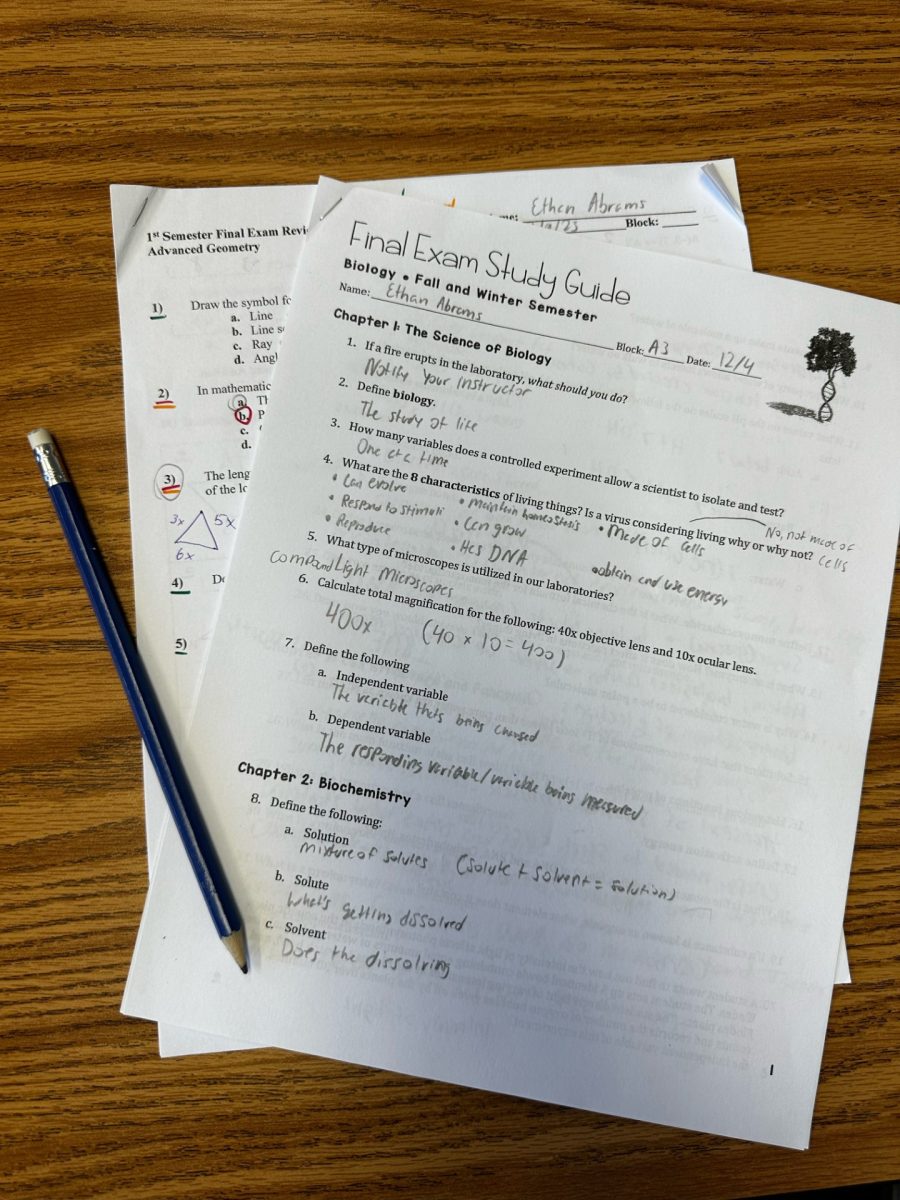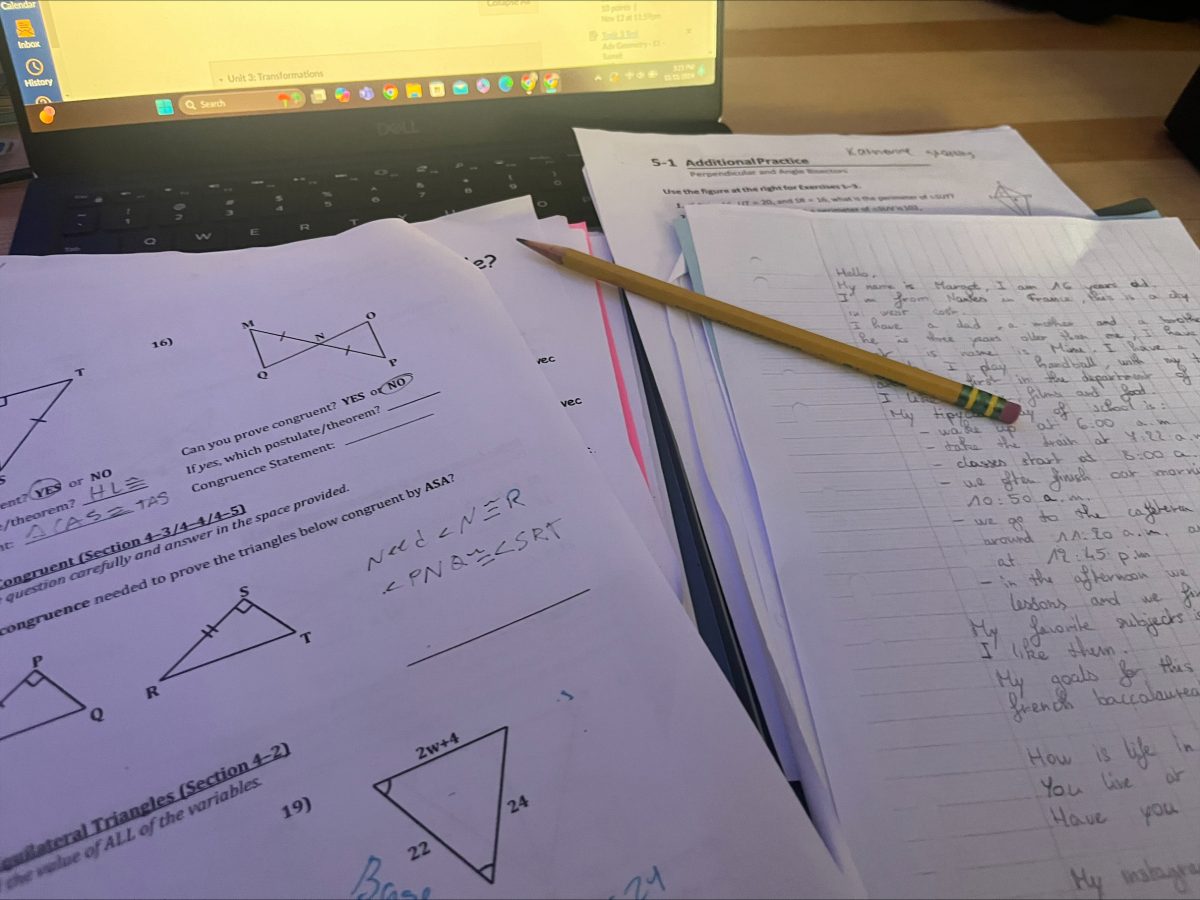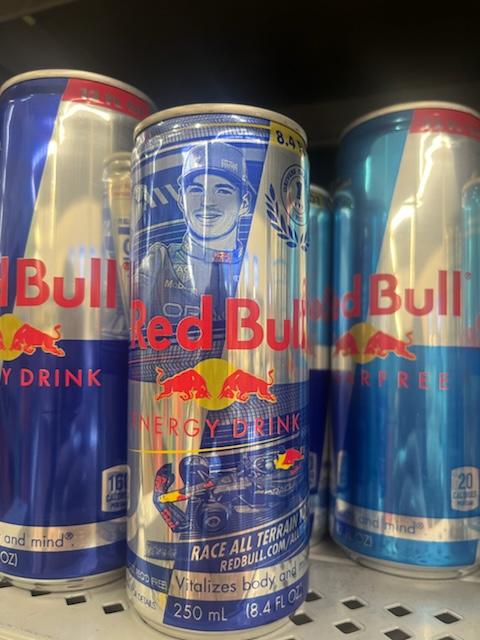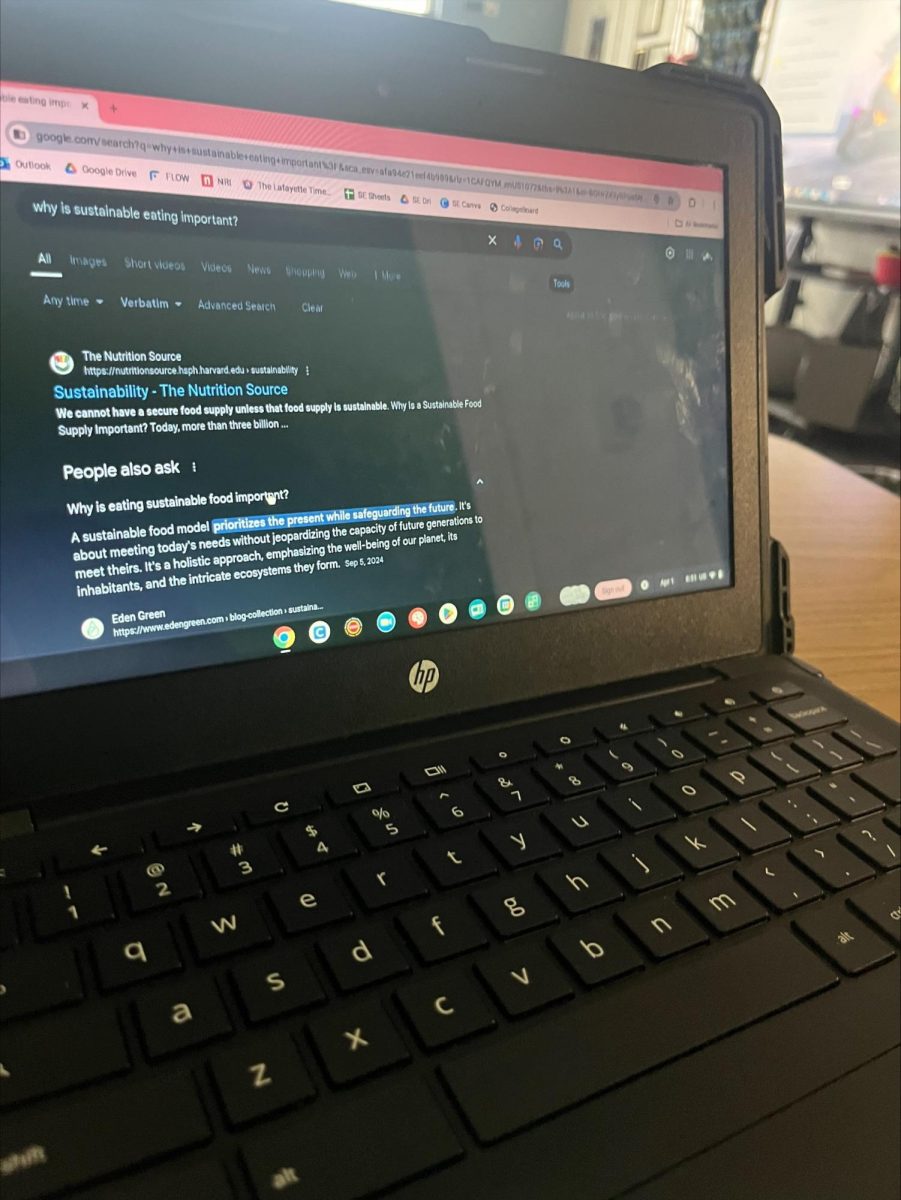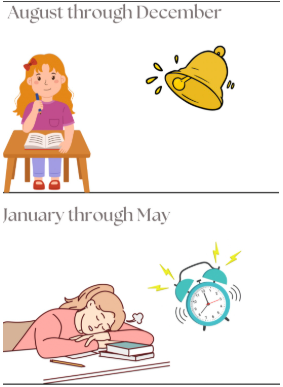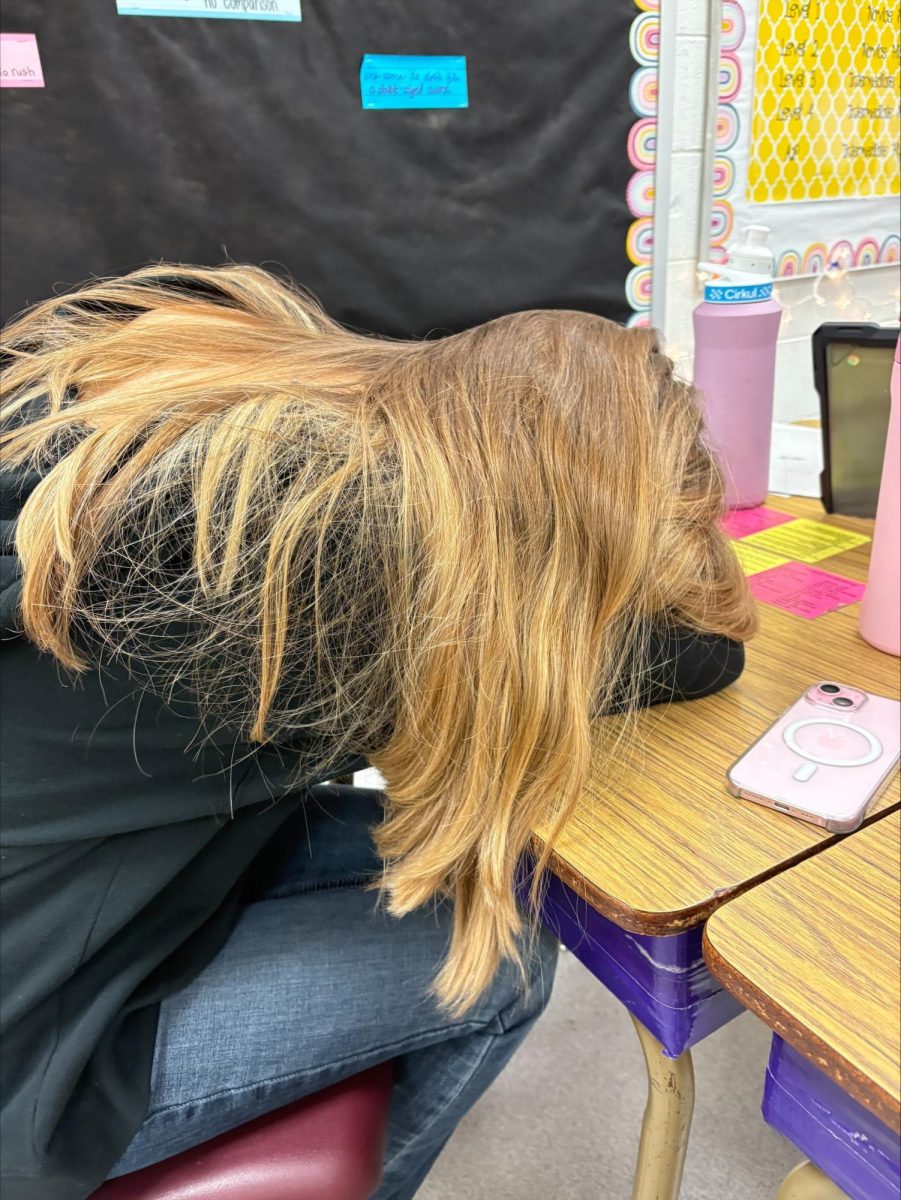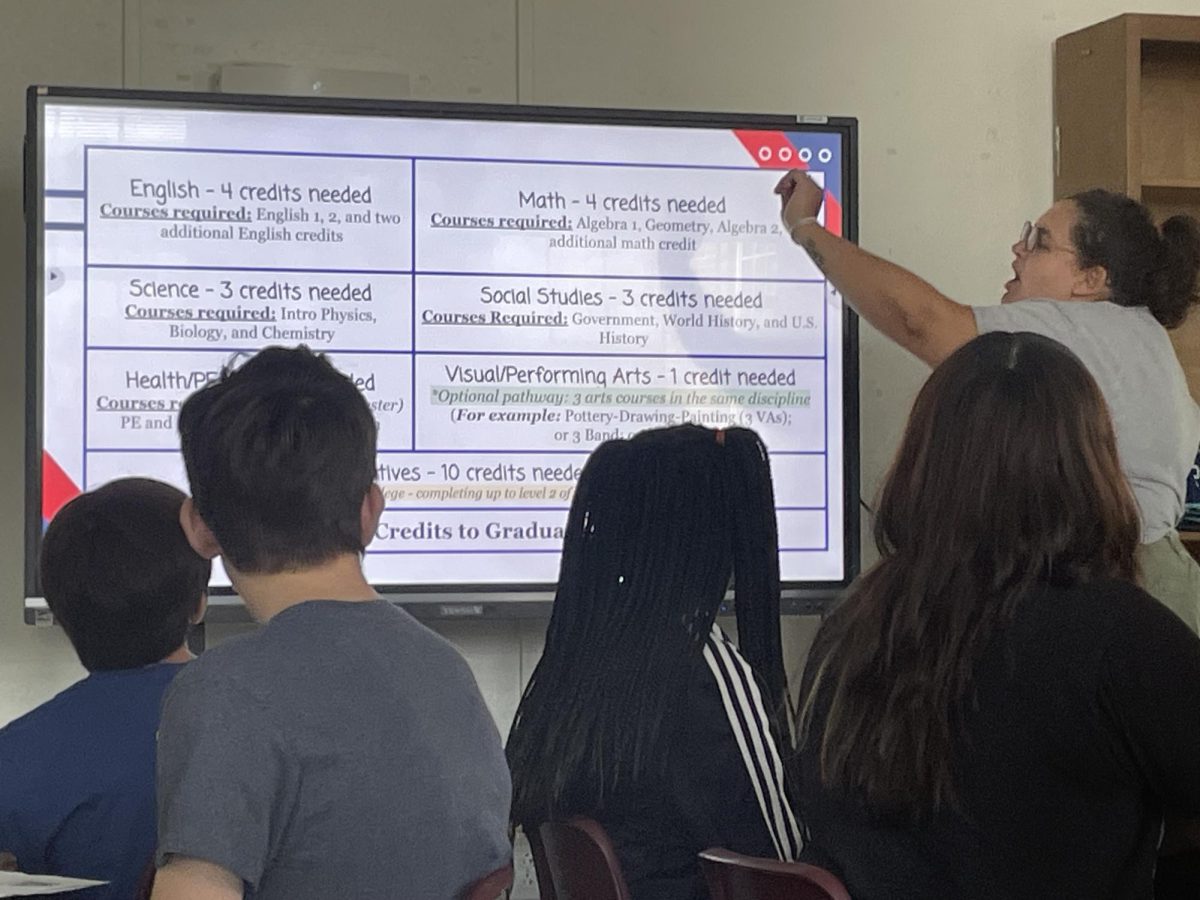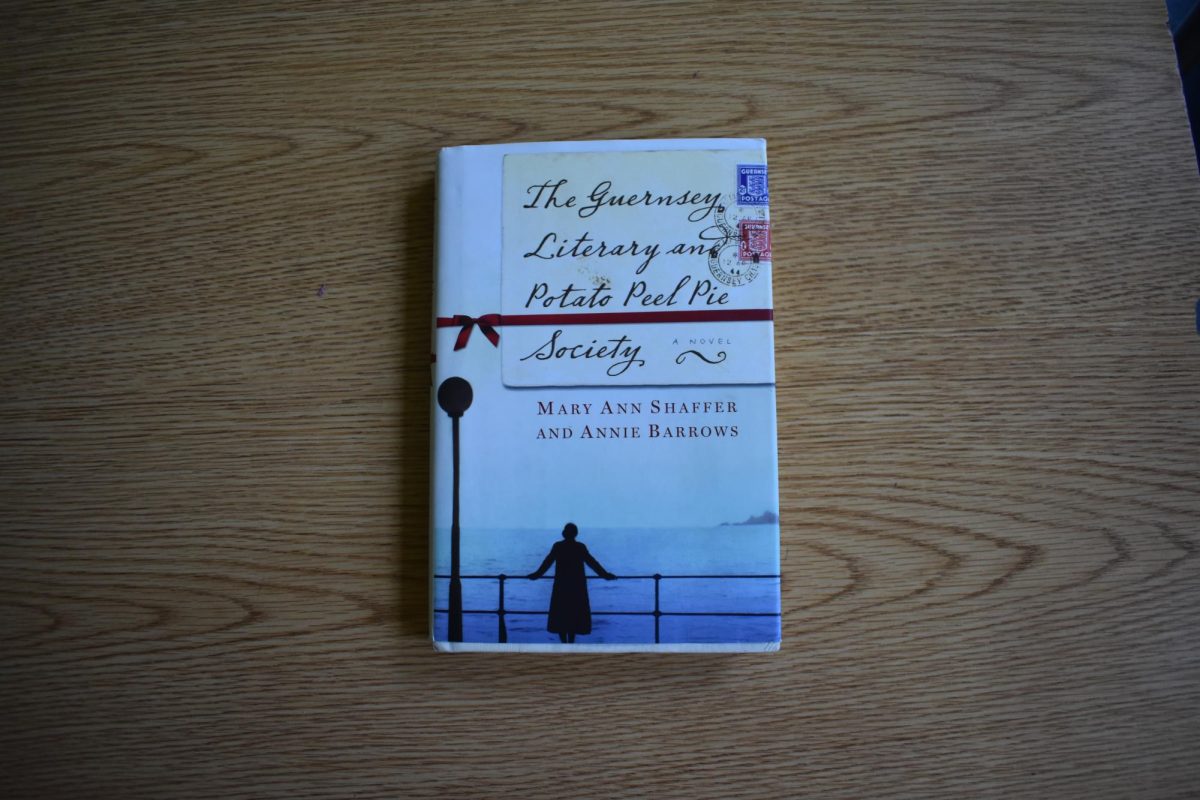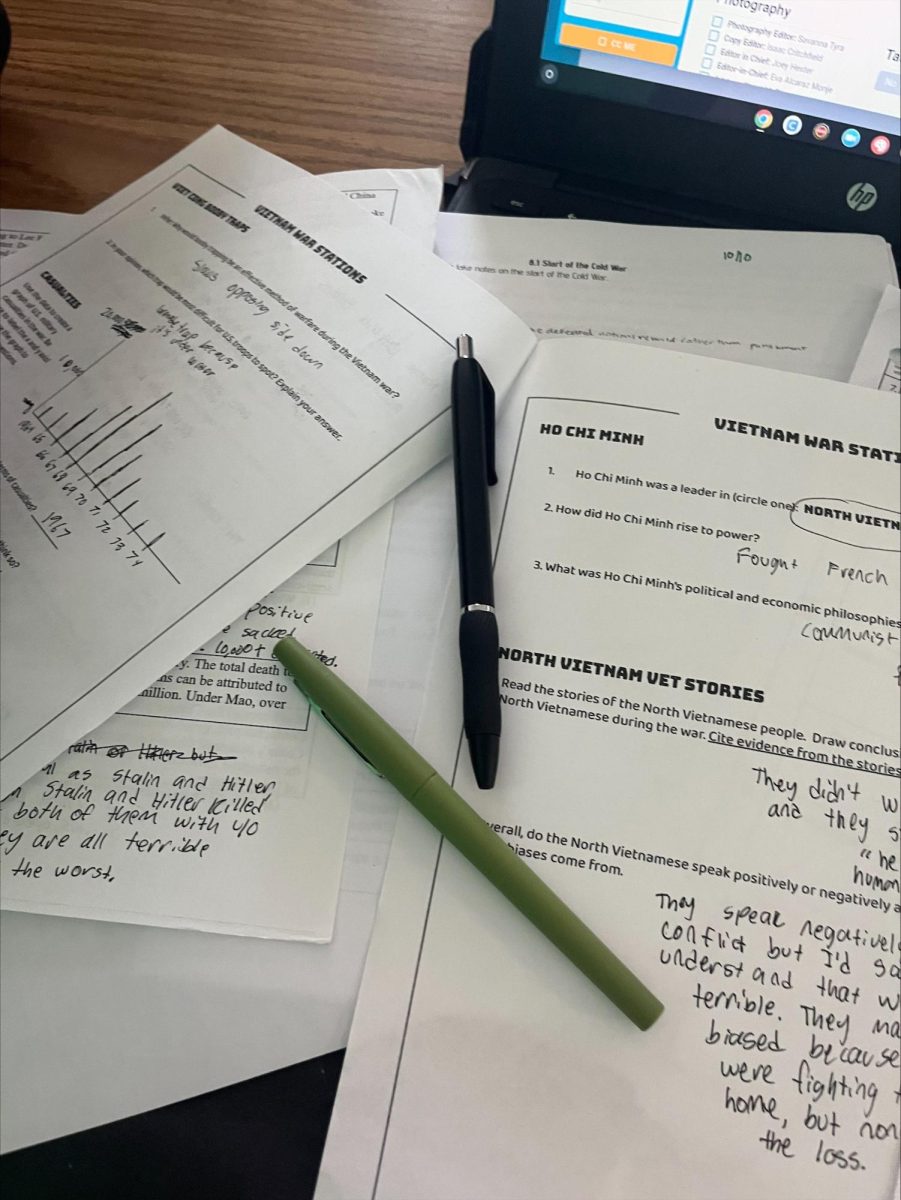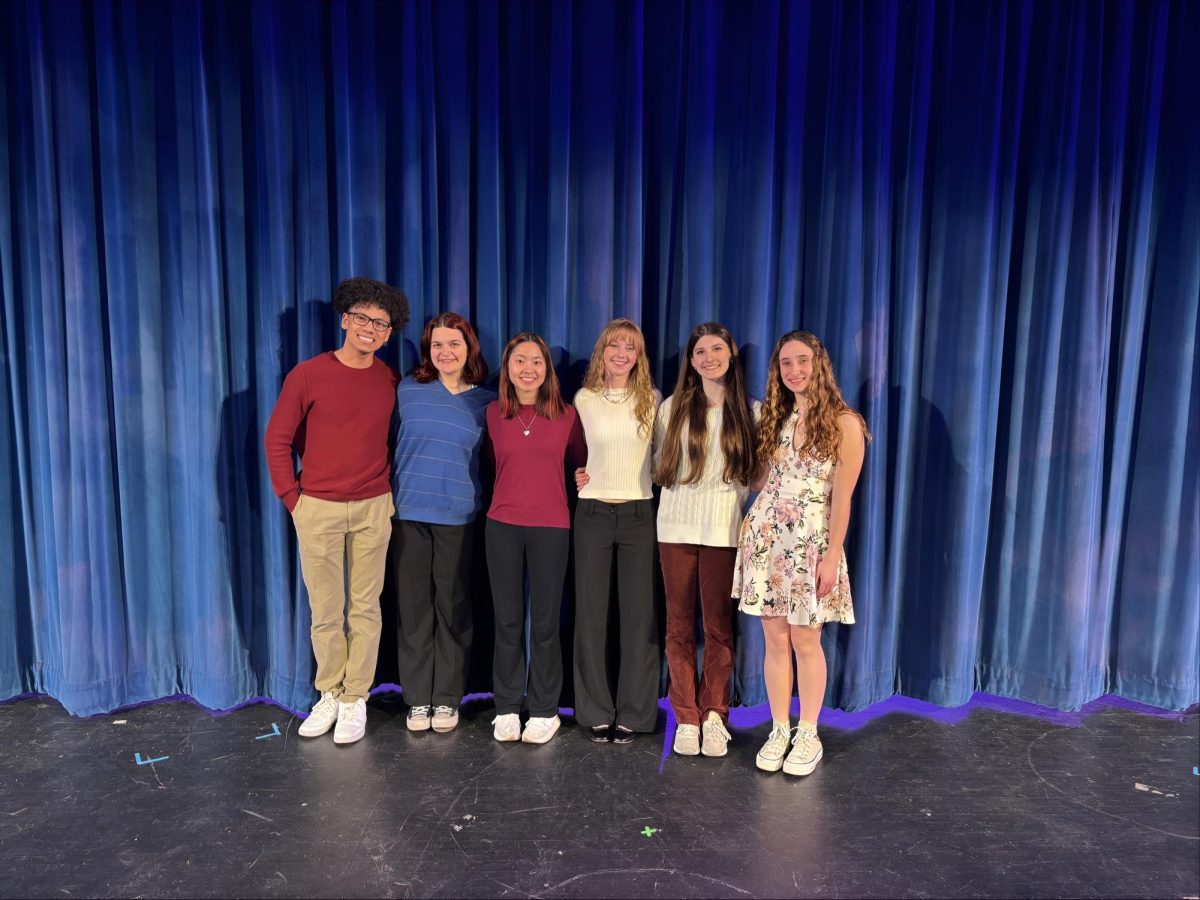With the finals season rapidly approaching, many students in Lafayette and beyond need to study. However, many students aren’t exactly sure where to begin when it comes to setting up a studying schedule/routine. Many students end up either cramming the night before each of their finals or not studying at all, neither of which is a great option. The Times, however, had the opportunity to interview some students to determine which study habits are the most beneficial and have the best results.
The first question we asked our interviewees was, “Do you have any studying techniques that you would recommend?” to which we got varying results. The overall consensus was that flashcards were one of the most proven and effective methods when trying to memorize content promptly. Alyssa Lucas, a student at Lafayette, says, “Flashcards are so helpful, and I use them all the time. I also really recommend using Quizlet, [a website made for memorizing class content]. Its features can certainly help others memorize content faster.” Flashcards are a straightforward, simple, and quick method to memorize content, and they can be beneficial, especially for finals; however, they are not a perfect solution. Many class finals will require notes and study guides to master content. Isabella Dietzel, another student at Lafayette, says,” For more challenging classes, I will look over my notes, and if there’s a study guide, I will usually get someone to fact-check my answers. ” Dietzel makes a great point about study guides, and getting someone to fact-check your answers can save students from studying incorrect material and wasting time.
Another variable to consider when preparing for finals is the time spent studying. It can be hard to nail down a general amount of time you should spend per subject on learning, especially when there are so many classes to study for. When asked, “How much time would you recommend studying for each final?” almost every student said it would depend on the subject. Alyssa Lucas says, “It varies on the subject, depending on how well you know the material. You may need to spend a lot of time studying or only a quick refresher. ” Many people, like Lucas, find that the time in which studying is necessary can undoubtedly vary from class to class. We can take from this answer that you should spend an amount of time that feels right to you (and this will, of course, vary from person to person) on each subject and that there is not a perfect uniform time that you should spend on each class.
Another significant issue that many students face today is the problem of procrastination. It is very easy to get distracted while studying, and distractions can easily lead to procrastination by being caught up in other tasks or getting caught up on social media or anything else outside of work. Nowadays, this is especially true since distractions can come from anywhere, whether from your surroundings, other work, or your phone. The Times asked students, “How do you beat procrastination?” to which most students said, turning off their phones. Turning off your phone can drastically affect your productivity when studying for finals and can heavily affect your attention span and concentration. Many students recommended turning on Do Not Disturb when looking so that essential calls/texts could still come through, but most were silenced. Another solution to procrastination would be something called a Pomodoro timer. This system divides time between work and rest (usually about 25 minutes for work and 5 minutes for rest), which can help increase productivity and concentration. Mirabel Anderson, another student at Lafayette, said, “I sometimes use a Pomodoro timer that just helps me focus in and not zone out and stop working since it provides time for both work and rest. ” Though many students may not have heard of it before, we highly recommend researching and trying the Pomodoro timer when studying for final exams.
A couple of our suggestions will stick out to you, and they can help you get even further during your exams. Thank you to Mirabel Anderson, Isabella Dietzel, and Alyssa Lucas for participating in our interviews, and we wish each of you the best of luck this final season.

